Fasting in Ramadan was made obligatory in the second year after the migration of the Prophet Muhammad (PBUH) and his followers from Makkah to Medina (624 AD). Since then, Muslims have observed fasting from Fajr (pre-dawn prayer) to Maghrib (sunset prayer) for 29 or 30 consecutive days.
The Qur’an states:
“Eat and drink until the white thread becomes distinguishable to you from the dark thread at dawn. Then maintain the fast until night.” — [Surah Al-Baqarah 2:187]
Ramadan, the ninth month of the Islamic calendar, is recognized worldwide as the holy month of fasting. Many non-Muslim friends and neighbors often ask questions such as:
Answering these questions thoughtfully not only serves as good dawah (invitation to Islam) but also offers Muslims an opportunity to renew their intentions and strengthen their connection with Allah.
Fasting during Ramadan is one of the Five Pillars of Islam — core practices that define a Muslim’s faith. It requires complete abstinence from food, drink, and marital relations during the fasting hours. Believers also strive to avoid vices such as gossip and smoking.
The fast nurtures spiritual discipline and strengthens the bond between the believer and Allah. It also encourages good deeds such as increased Qur’an recitation, giving in charity, and offering nightly prayers.
The Prophet Muhammad (PBUH) said:
“Allah says: ‘The fasting person has left their food, drink, and desires for My sake. Fasting is for Me, and I will reward it accordingly. The reward of good deeds is multiplied tenfold.'” — [Bukhari]
Ramadan offers Muslims a special opportunity to gain the pleasure of Allah and attain righteousness. Ultimately, fasting is an act of obedience to Allah, as clearly commanded in the Qur’an:
“O you who have believed, fasting is prescribed for you as it was prescribed for those before you, that you may become righteous.” — [Surah Al-Baqarah 2:183]
“And fast; it is better for you, if only you knew.” — [Surah Al-Baqarah 2:184]
“The month of Ramadan is when the Qur’an was revealed as guidance for humanity. Whoever sights the month must fast it. But for those who are ill or on a journey, the same number of missed days should be made up later. Allah intends ease for you, not hardship, so that you may glorify Him and be grateful.” — [Surah Al-Baqarah 2:185]
Ramadan is a sacred time for reflection, worship, and renewal of faith. Muslims draw closer to Allah through fasting, praying, reading the Qur’an, making dua, and giving in charity — a practice the Prophet Muhammad (PBUH) emphasized greatly during this month.
May Allah (SWT) enable us to excel during Ramadan and accept our efforts. Ameen.

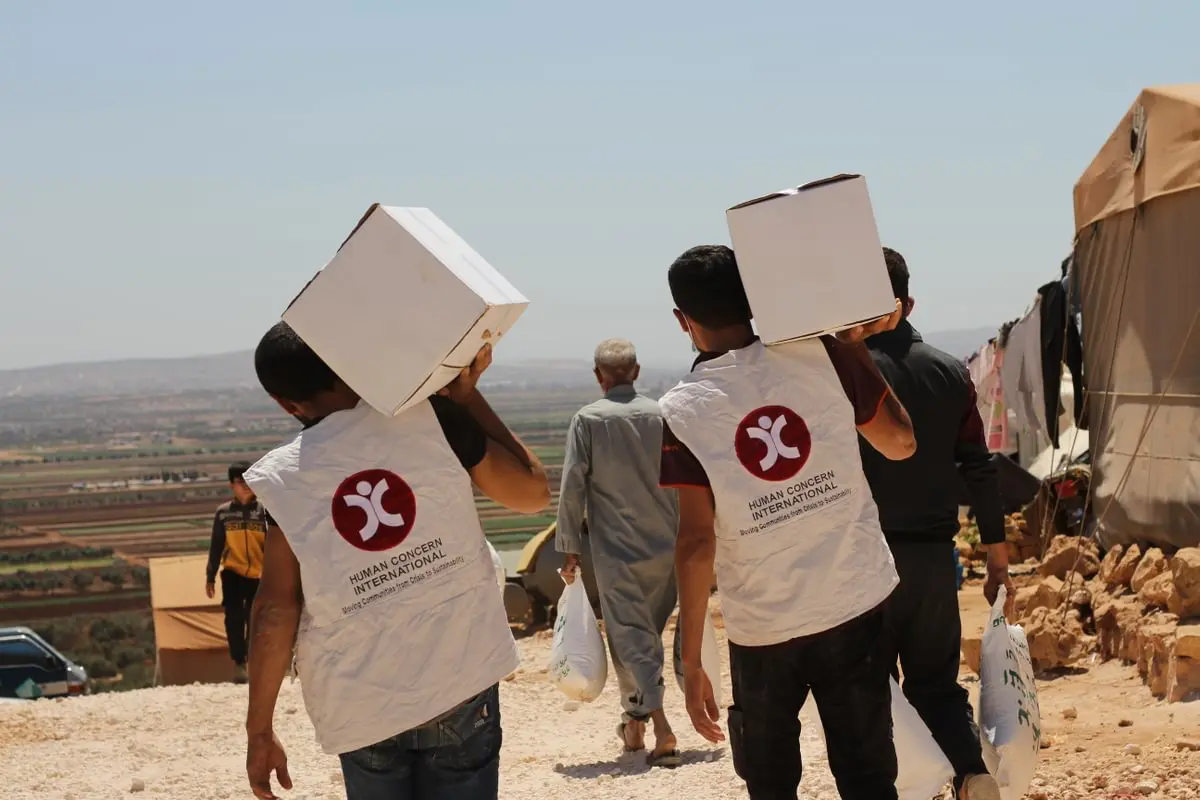




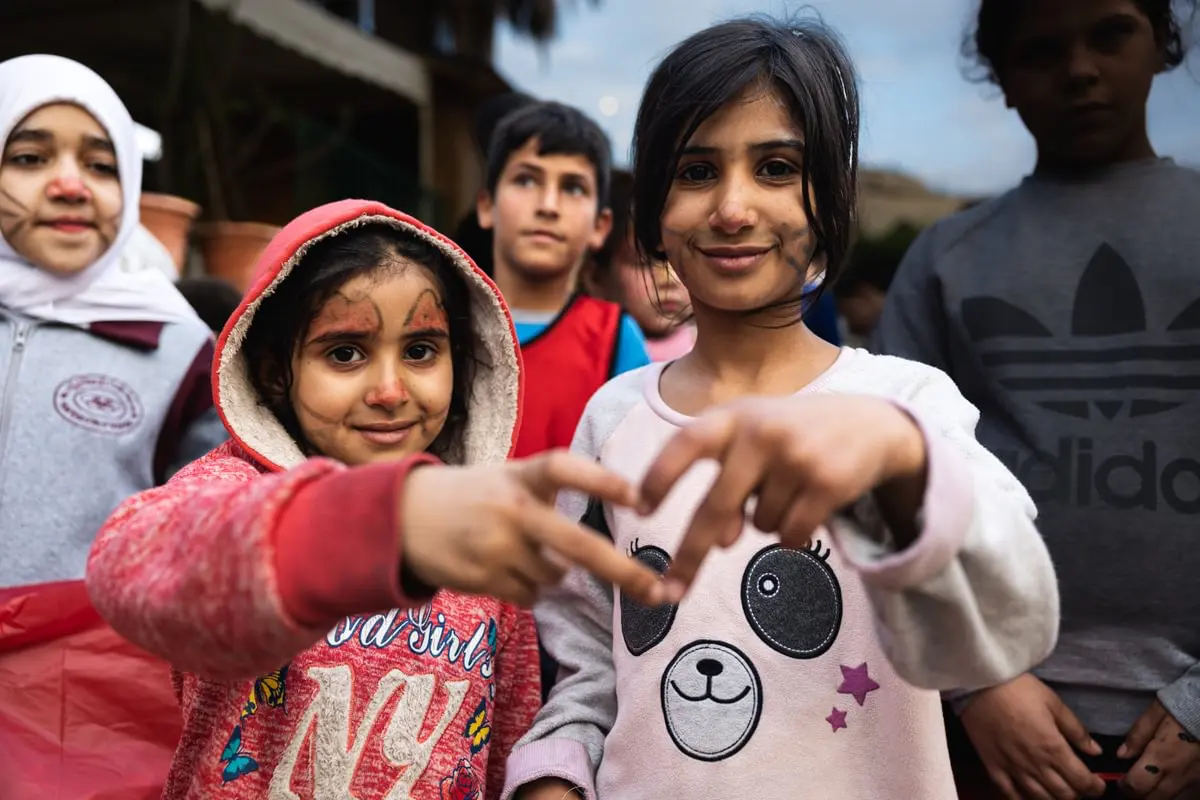
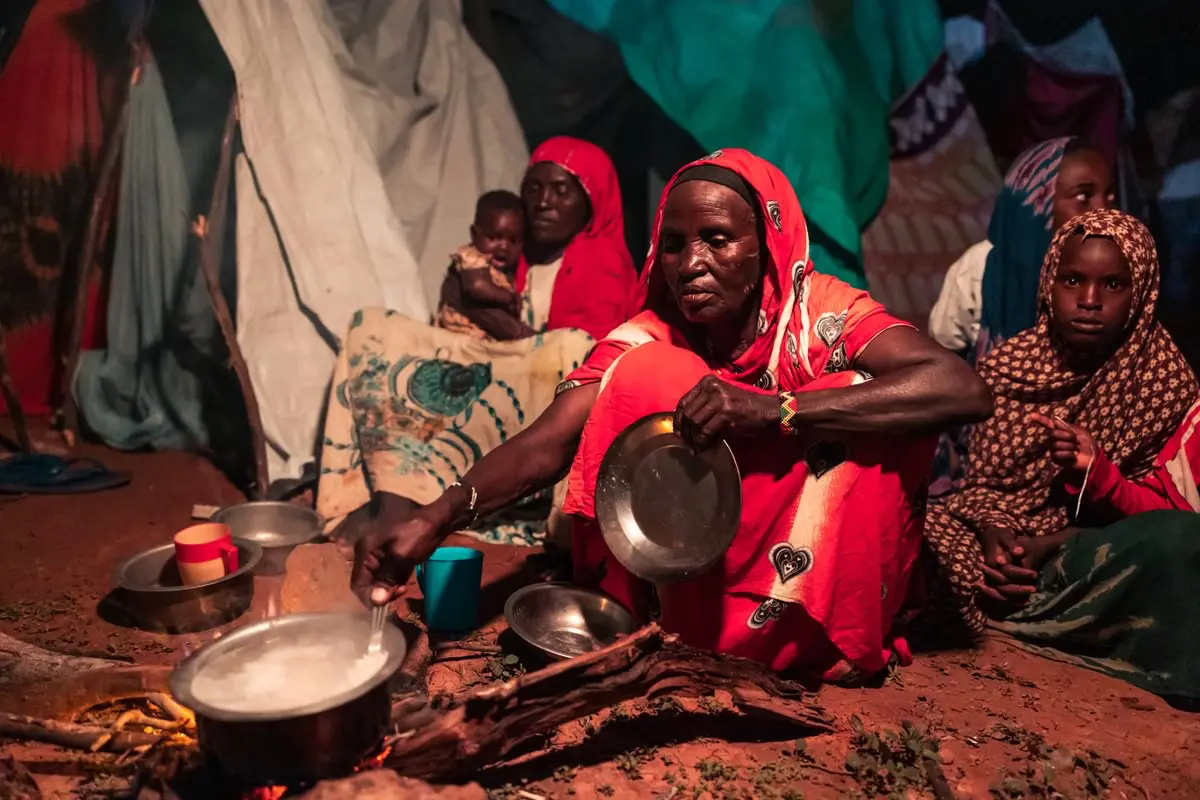
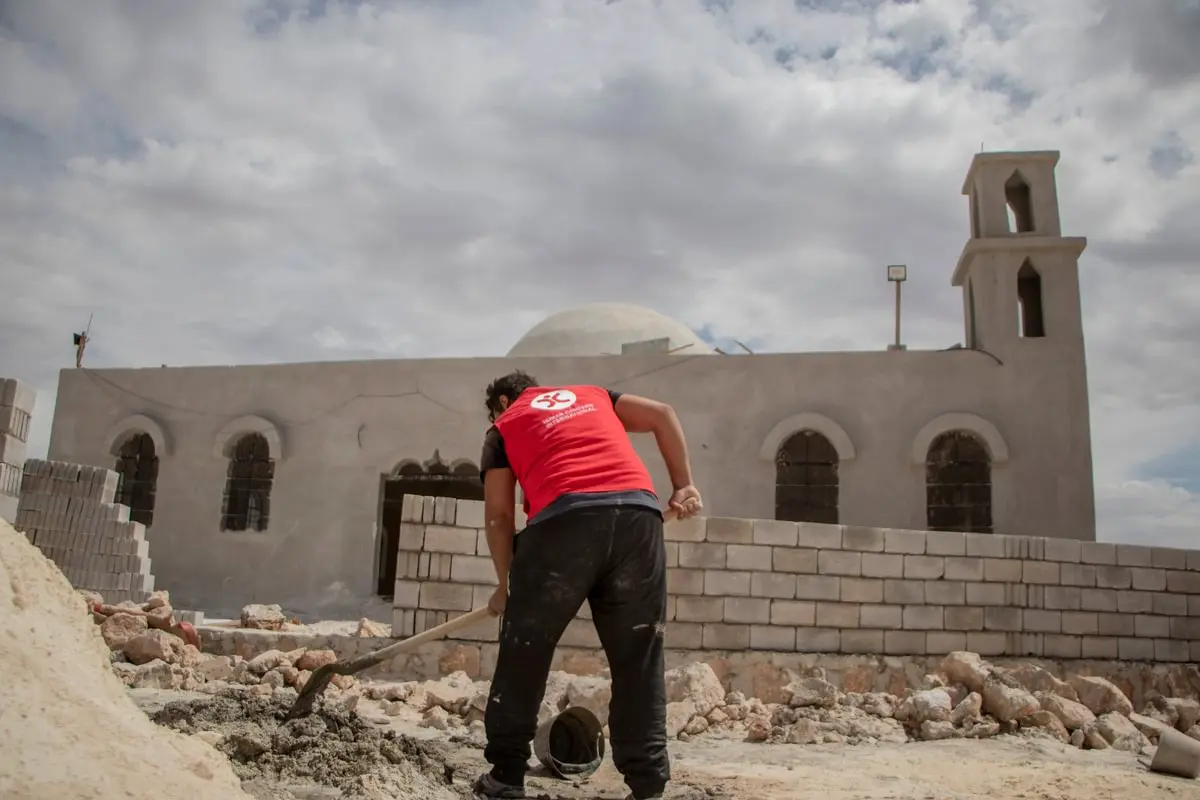
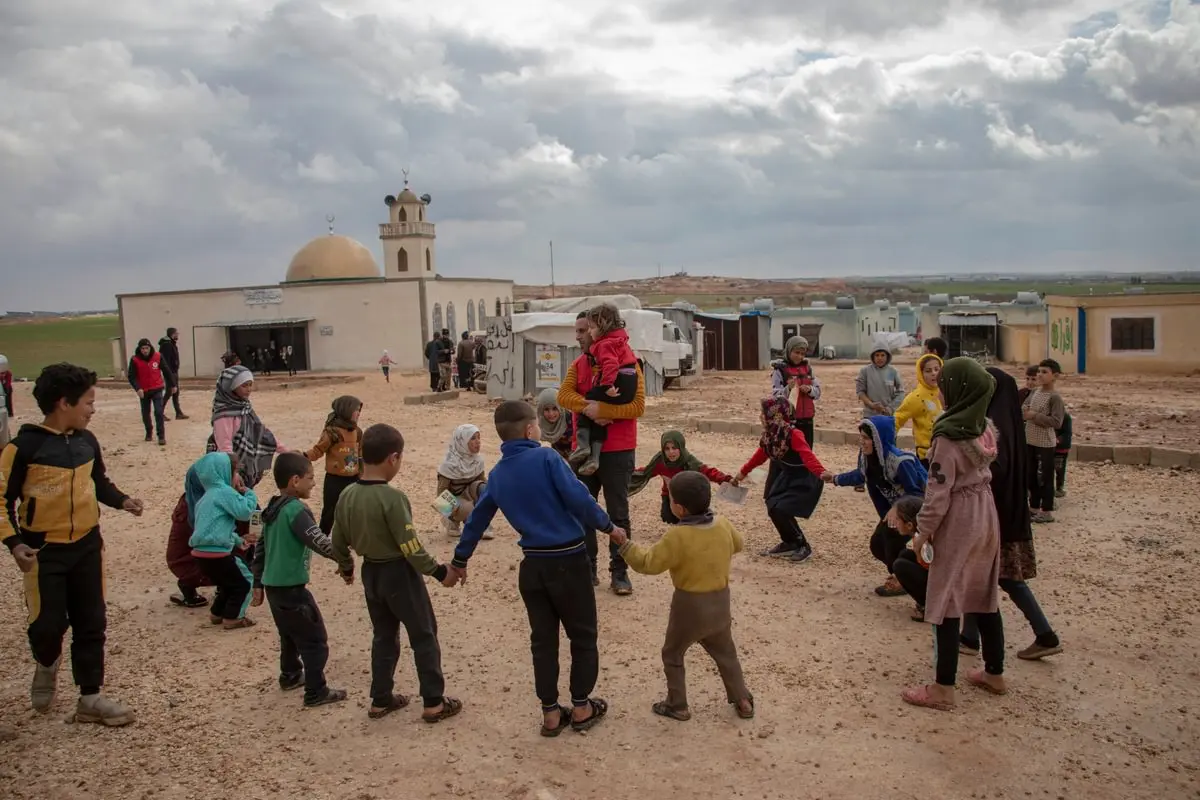


Human Concern International is the oldest Muslim relief organization in Canada, fighting poverty for over 45 years.
We are a registered charity with the CRA. Charitable Registration No. 107497125 RR 0001